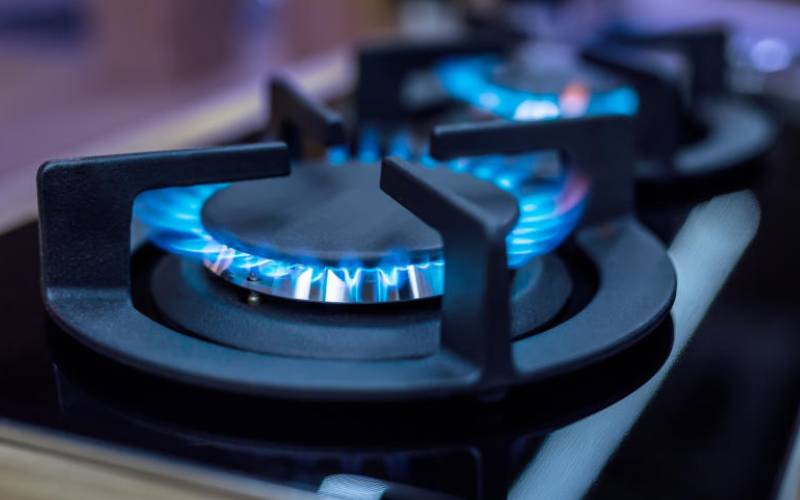×
The Standard e-Paper
Home To Bold Columnists

A surge in crude oil prices, taxes and levies could reverse the gains made in the adoption of clean energy. [File, Standard]
Were it not for the petroleum subsidy that the State has applied on petroleum products, super petrol would today be retailing at a record high of Sh144.47 per litre in Nairobi.